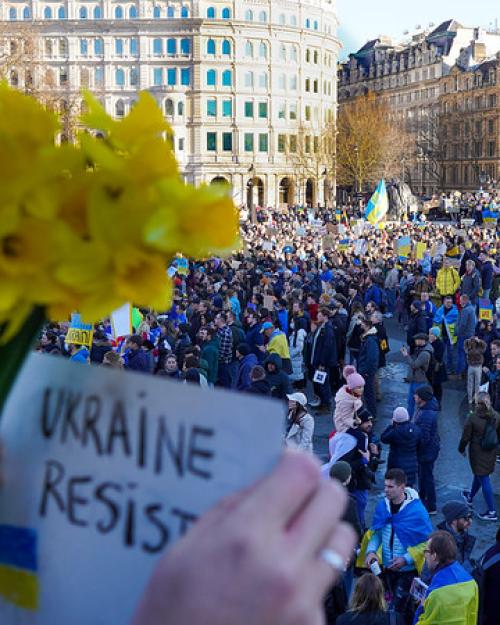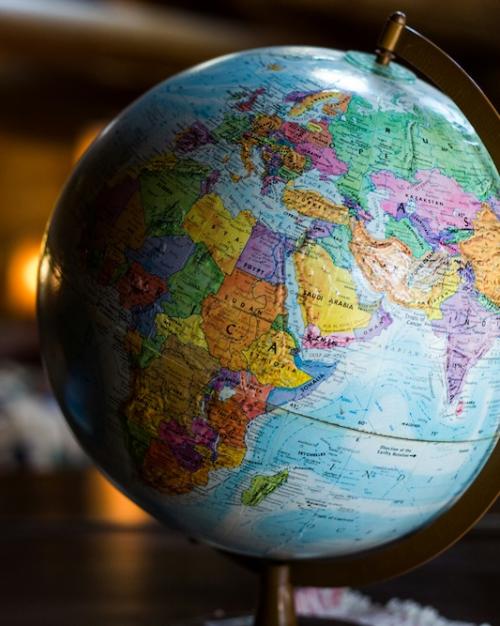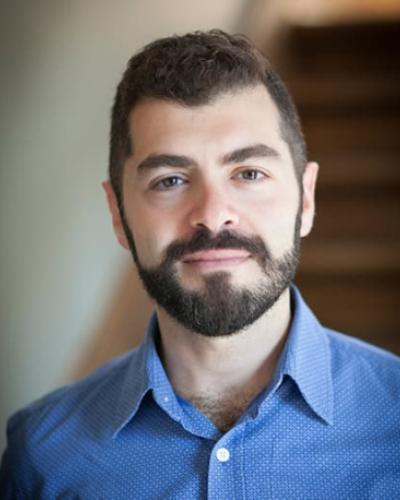“Trans-local,” “trans-national,” “trans-imperial,” all seem like academic buzz words or fads that come and go. However, as a member of the department of history faculty here at Cornell University, these terms are taken very seriously, and they are here to stay. In fact, they define much of what many of the faculty here have in common, a truly trans-local approach to thinking about historical question. For me personally, those terms are not even simply methodological approaches to conducting research or thinking about academic questions; they are (wait for it) a way of life. Though we are centrally isolated in Ithaca, NY, I and many of my colleagues in the history department are deeply involved in a project of border-busting through our scholarship and the life we lead.
As researchers that work across the world, in countries whose languages we learn, their food we become accustomed to, whose cultures change our own way of life, and whose peoples’ lives mesh with ours, they are never far from our thoughts, even when we are thousands of miles away. So when those places whose history we are so deeply interested in, face turmoil in the present time, we can’t turn a blind eye and maintain “an academic distance.” Those countries have given our lives so much meaning and purpose, that the least we can do is stand by them in times of Emergency.
In my case, as a historian of the Ottoman Empire, I have made it my mission to be engaged in both the past and present of this empire, which stretched across three continents, and like most empires, was in a constant state of intimate engagement with other polities, on the cultural, economic and political levels. The geographic area which the Ottoman Empire also include many of the world’s hot spots. From Aleppo to Istanbul, and from Jerusalem to Mosul.
I strongly believe that as a scholar who enjoys the luxury of safety and relative freedom of expression, I share my voice to talk about current issues affecting those regions. That is why I write Op.Eds, I try to advocate for refugee rights to education, I invite scholars and experts on and from the region, I organize roundtable discussions, not only about academic research, but also about current issues that we, as a trans-national community here at Cornell, need to be aware of. One event I organized last year through the Ottoman and Turkish Studies Initiative, was a cross-disciplinary roundtable on war crimes in Yemen and Syria — both successor nation-states of the Ottoman Empire.
My latest project involves researching the diplomatic relationship between the Ottoman Empire and Ethiopia in the late 19th century, which is what first brought me to Addis Ababa a couple of years back. Unfortunately, much like the Middle East, Ethiopia is experiencing its own political crisis that is affecting the lives of thousands, yet we rarely hear about it here in the United States. As a scholar working on this region and a concerned citizen of the world, I initiated a conversation in November, Ethiopia: State of Emergency” A Roundtable Discussion, to turn the spotlight on the state of emergency currently underway in Ethiopia.
The conversation brought together scholars from across the university who discussed the history, the political crisis, and human rights abuses that are currently taking place in Ethiopia. I believe that the more we know about what is taking place in the rest of the world, the better global citizens we can become, and perhaps more importantly, the better we can learn to recognize the signs of what to look out for in the next four years here in the USA.
Dr. Mostafa Minawi is Assistant Professor of History and the Director of the Ottoman and Turkish Studies Initiative (OTSI). He is the author of The Ottoman Scramble for Africa: Empire and Diplomacy in the Sahara and the Hijaz.
Dr. Minawi will teach HIST 1561 Introduction to the Ottoman Empire in the Fall as well as, HIST 4547, 6547 The Middle East in Africa, Africa in the Middle East.





